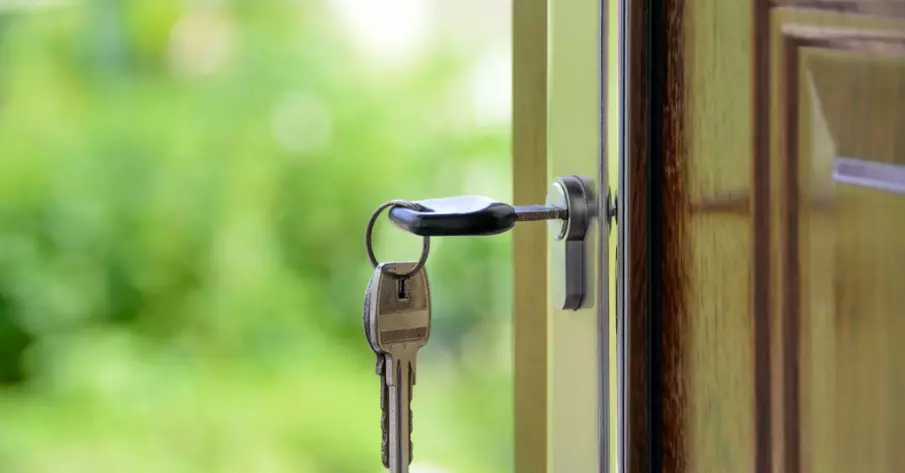Navigating Security Deposit Rules in New York City: What Renters Need to Know

Security deposits are a common aspect of renting a property, providing landlords with financial protection against potential damages or unpaid rent. However, in a bustling metropolis like New York City, where the rental market is highly competitive and regulations are stringent, understanding the rules governing security deposits is essential for both tenants and landlords. In this guide, we'll explore the ins and outs of security deposit rules in New York City to help renters navigate this aspect of the rental process with confidence.
Understanding Security Deposit Basics
In New York City, security deposits are regulated by the New York State Security Deposit Law, which outlines specific rules and requirements that landlords must follow when collecting and handling security deposits. A security deposit is a sum of money paid by the tenant to the landlord or property owner at the beginning of the lease term. It serves as a form of insurance against damages beyond normal wear and tear and unpaid rent.
Maximum Security Deposit Amount
Under New York State law, landlords are prohibited from charging a security deposit that exceeds the equivalent of one month's rent for an unfurnished rental unit. If the unit is furnished, landlords can charge up to two months' rent as a security deposit. It's important for tenants to verify that the amount requested by the landlord complies with these legal limits.
Security Deposit Return
Upon the termination of the lease agreement, landlords in New York City are required to return the tenant's security deposit within a reasonable timeframe, typically within 14 to 30 days. The deposit must be returned in full, unless the landlord has valid deductions for damages or unpaid rent. Landlords must provide an itemized list of any deductions along with receipts or invoices to justify the deductions.
Interest on Security Deposits
In New York City, landlords are not required to pay interest on security deposits, unless the rental property contains six or more residential units and the deposit is held for at least one year. In such cases, landlords must pay tenants interest on their security deposits at the prevailing rate set by the New York State Banking Department.
Security Deposit Protections
To safeguard tenants' security deposits, New York City requires landlords to place the deposits in a separate interest-bearing escrow account located within New York State. Landlords must provide tenants with written notification of the account details within 14 days of receiving the deposit. Failure to comply with these requirements can result in penalties for landlords.
Recourse for Tenants
If tenants believe their security deposit has been wrongfully withheld or mishandled by the landlord, they have recourse under New York State law. Tenants can pursue legal action through small claims court or file a complaint with the New York State Attorney General's office or the New York City Department of Housing Preservation and Development.
Conclusion
Navigating security deposit rules in New York City requires awareness of the applicable laws and regulations governing landlord-tenant relationships. By understanding their rights and obligations, tenants can protect themselves against unfair practices and ensure a smooth rental experience. Landlords, likewise, must adhere to the legal requirements to avoid potential legal liabilities and penalties. Ultimately, clear communication and adherence to the law are key to fostering a positive and mutually beneficial rental relationship between tenants and landlords in the vibrant city of New York.
More to Read:
Previous Posts:




